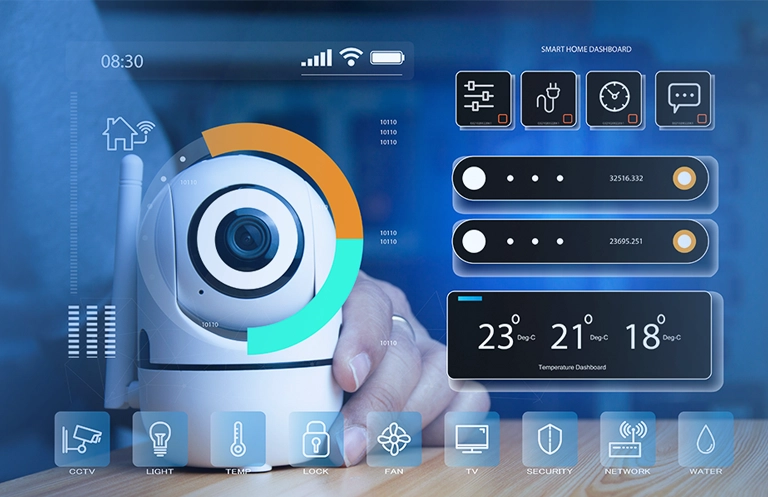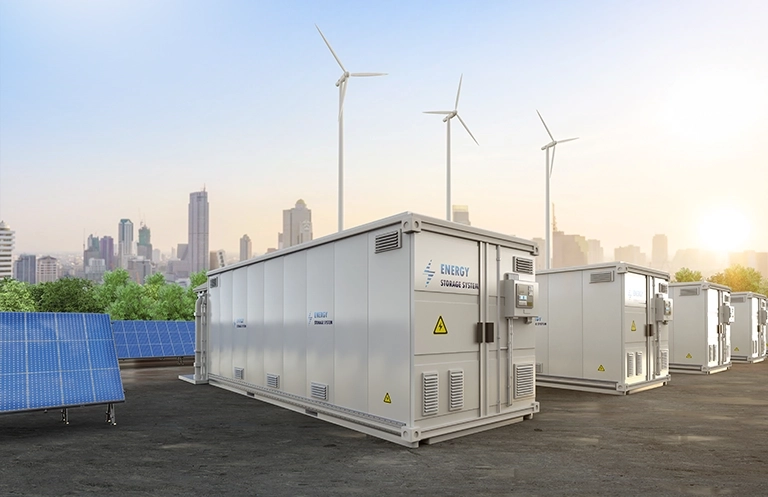Businesses are adopting Robotic Process Automation not just to make an impact in the eyes of their customers but to change business positioning in the market and to sustain the increasing competition for better products and services. Consistent improvement, innovation and bringing new trends in the business in the coming years will predict the business’s future.
Here are the top 10 Robotic Process Automation trends to look forward to in the year 2023
1. Increased rate of adoption of Managed RPA Service Providers
Businesses had difficulty adopting RPA because of its technical complexity, but thanks to several RPA service providers for giving RPA services at a low rate to ease the situation. Many organizations face issues in implementing RPA technology as there is a cost involved in deployment, infrastructure, and resource planning. A managed service provider comes into the picture to help an organization looking to outsource its automation part. In 2023, we will see an increase in the managed RPA Service Providers.
2. SME’s Adoption of RPA
During the pandemic, small and medium enterprises realized the worth of RPA. They adopted RPA to stay competitive and resilient in the changing business scenarios when the pandemic hit the world. In 2023, more SMEs are expected to adopt RPA technology to be ahead and streamline their business processes.
3. Establishment of RPA CoE (Center of Excellence)
RPA CoE is a centralized group that implements the RPA process in enterprises. This group includes IT experts, consultants, process managers, and experts from various teams. The main goal of CoE is to establish business practices and a governance model to make sure that everything runs smoothly to optimize Return on Investment. CoE improves the bot development cycle and integrates RPA with IT. CoE is also responsible for providing training and support in the organization. 2023 will witness the establishment of various RPA CoEs for a seamless experience.
4. Low-Cost RPA Vendors and Hyper-automation System with RPA
There is a lot of competition in the market with an increased number of RPA vendors. As the popularity of RPA has increased, more low-cost RPA vendors have jumped into the market. Hence, several top-line RPA vendors have begun to include hyper-automation technology like machine learning, Artificial intelligence, OCR, and mining processes in their suits. Thus, we will witness more RPA vendors include the complementary hyper-automation technology with RPA as a package.
5. Integration of RPA with an Intelligent System
By 2023, RPA with intelligent systems techniques such as machine learning and artificial intelligence will be more integrated. RPA bots can perform rule-based and straightforward tasks that refer to scripts, software, and applications. Intelligent systems like artificial intelligence and machine learning can perform high-function tasks that require reasoning, judgment, and decision-making by mimicking human behavior. So, RPA with intelligent systems will be able to execute repetitive tasks and perform cognitive functions and forecasts based on structured and unstructured data.
6. Implementing RPA in Enterprise Resource Planning (ERP)
Enterprise Resource Planning stores critical data of an organization. It is software that can manage day-to-day business activities such as accounting, procurement, and so on. ERP software is costly, complex, has implementation issues, and has difficult data migration. ERP has manual data entry that is time-consuming and prone to error. RPA can take over ERP by automating business processes. The employee can design a workflow so the bot can complete the task on their behalf or create a software bot and record these processes through code generation. ERP will see a dramatic shift in the coming year, and RPA and AI will play an important role.
7. Popularity of RPA as a Service Model (RPAaaS)
In the past few years, the “as a service” model has gained a lot of popularity. Many organizations implemented this model, and companies that adopted this model were successfully able to survive during the pandemic without extra cost and effort. The banking industry is one of the prime examples of using RPA use cases. So, in the coming years, RPAaaS will take over the industries and add new terrain and capabilities under its wings.
8. Semantic Automation Process to Advance RPA Technology
Bots don’t understand what they are doing and how they are doing it. RPA bots or the ‘digital workers’ follow the rule-based approach to complete a task. In semantic automation, bots will have a human-like understanding of interfaces, documents, and the context of the process by simply observing the activity. The businesses will be able to look at their problem rather than interacting with the document and user interface.
9. RPA Uses in Different Industries
There has been a misunderstanding that only tech industries can leverage RPA technology and its benefits. However, it is not at all true. Human resources, eCommerce, and capital markets industries have tasks that are manual and repetitive, RPA can be used here to automate functions like onboarding, supply chain, and inventory. Based on these uses, RPA adoption is going to increase in the coming years within the non-tech industry.
10. More Automation Acquisition
RPA and automation have seen a lot of acquisitions in recent years. Acquisitions help get in touch with different industries, reduce competition, access a wider customer base, and enable organic growth. These acquisitions will continue to happen for the next few years as automation and RPA cannot just focus on their stand-alone capability, they must keep doing mergers and acquisitions to survive in the unpredictable market.
Final Thoughts
With changing times, RPA can write a success story for any industry and business model. RPA can change an organization’s picture of growth by implementing bots to reduce the burden of human efforts for repetitive tasks. These major trends are going to predict the future of RPA technology and assist organizations in redefining the definition of automation. eInfochips offers services ranging from RPA consulting, Proof of concept, RPA Deployment, RPA Tool Migration, and Cognitive RPA that can help an organization with changing trends.
To know more about our Robotic Process Automation services and offerings,
talk to our experts today.













